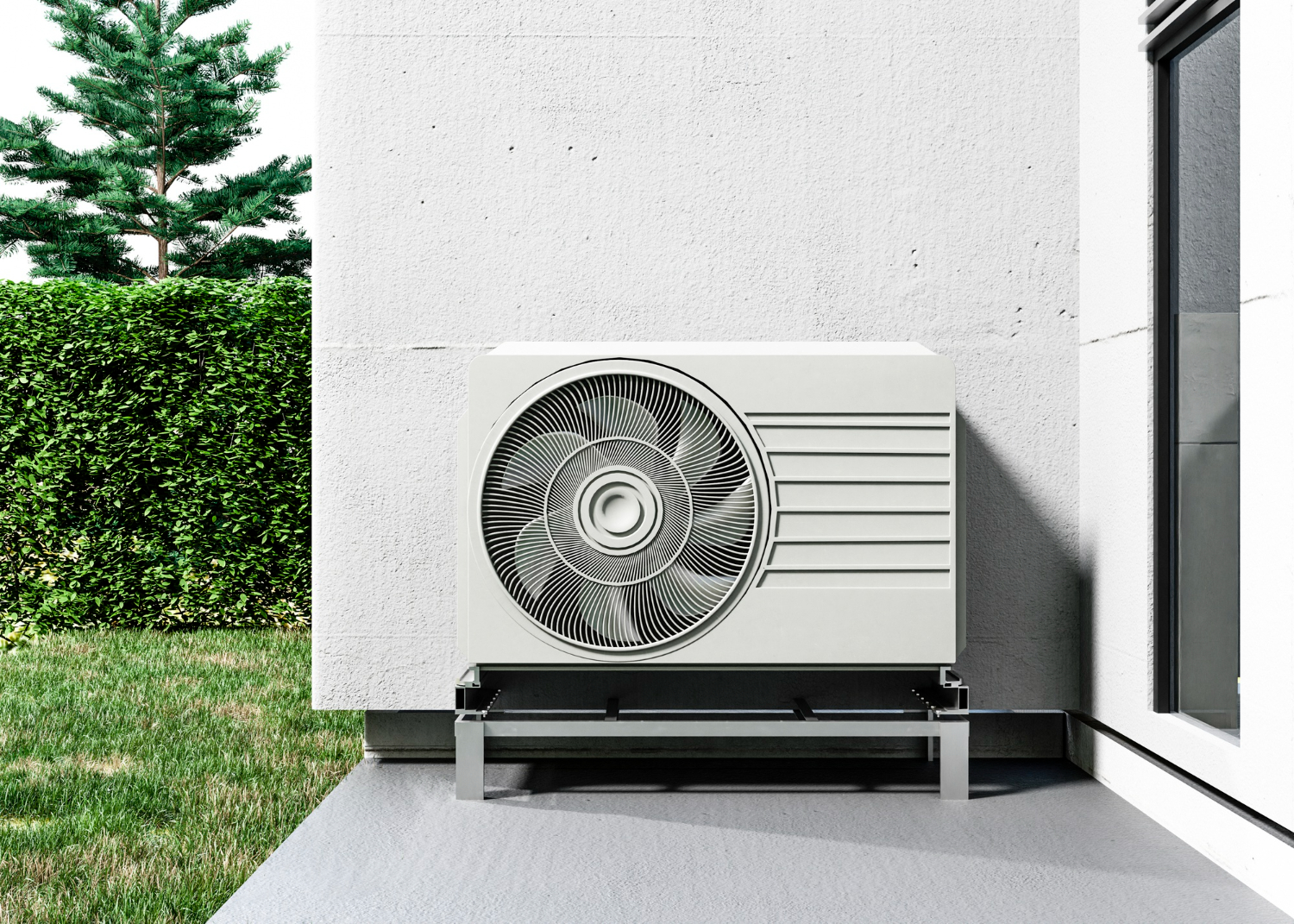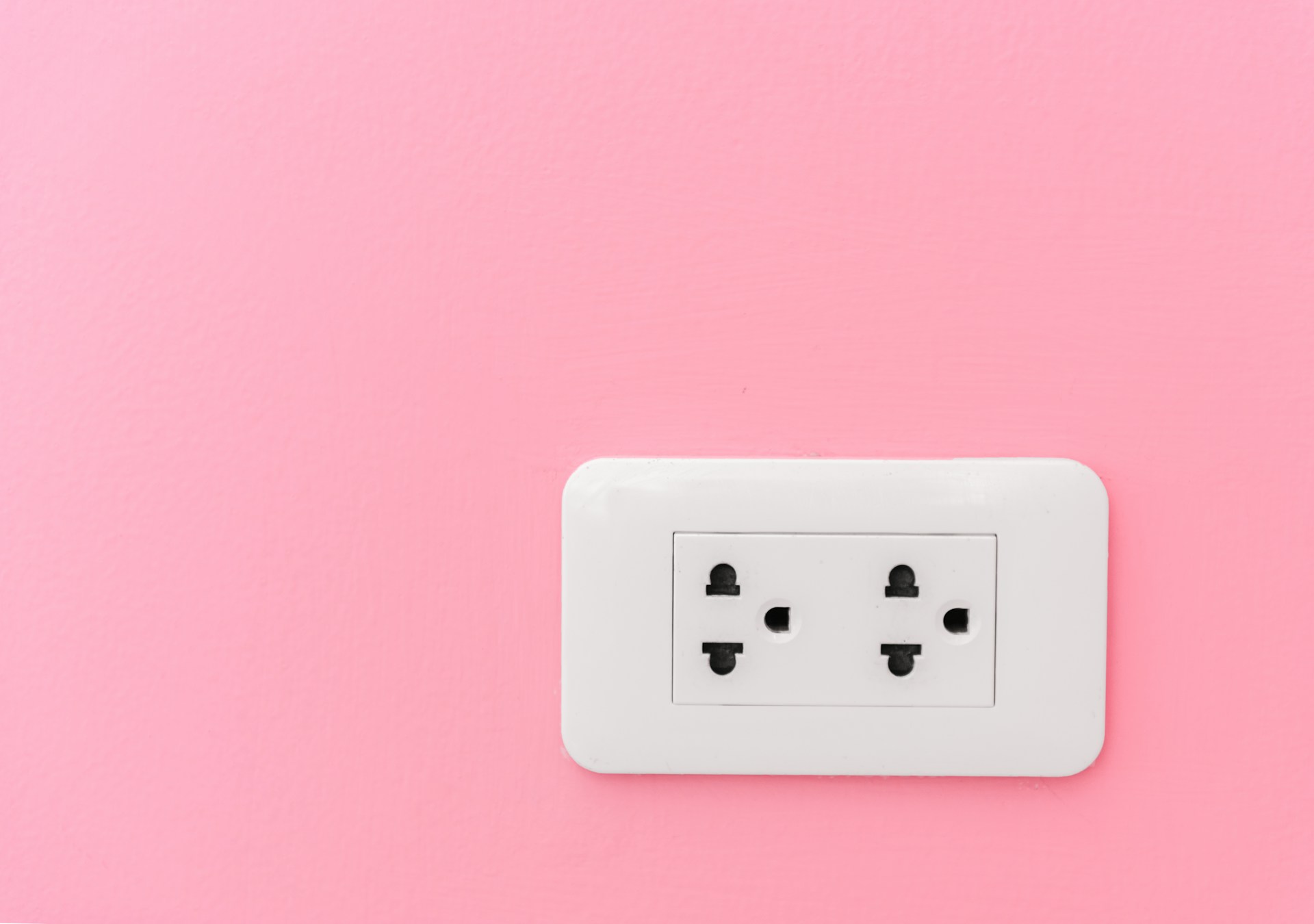
Solar Panel Discoloration: What Those Brown Spots Really Mean

Over time, even well-installed solar panels in Orinda can develop issues that affect how well they work. One common problem homeowners notice is brown discoloration on their panels. At first glance, these spots might not seem like a big deal, but they can weaken the performance of your system. If you're seeing unusual marks or color changes, it's worth taking a closer look.
Brown spots typically form slowly and may go unnoticed until they start impacting how much energy your system produces. While weather exposure plays a role, there could also be deeper issues related to materials or aging components. Understanding what these discolorations mean and what to do about them can help you keep your solar investment working more effectively.
Understanding Solar Panel Discoloration
Solar panel discoloration refers to visible staining or dark patches on the surface of your panels, usually appearing brown or yellowish in color. These marks can form from regular exposure to the environment but may also signal wear inside the panels themselves. For homeowners in Orinda who rely on solar energy to offset high seasonal energy use, brown spots are not something to overlook.
Discoloration is more than just a cosmetic issue. It can block sunlight and interfere with the panel’s ability to generate energy. In some cases, the materials inside the panel degrade over time due to heat exposure, long-term moisture contact, or chemical reactions within the panel layers. This breakdown can partially block solar cells and reduce their overall output.
Here are a few reasons solar panels may become discolored:
- Heat damage: Extended exposure to high temperatures, common during Orinda summers, can cause certain materials in the panel to change color.
- Poor encapsulation: If the protective layers around the panels peel or wear down, moisture may get inside and lead to corrosion, which often shows up as brown staining.
- UV exposure: While most panels are designed to resist UV damage, long-term sunlight can still degrade adhesive materials, producing yellowing or brown patches.
- Manufacturing flaws: In some cases, panels may have minor defects from the start that only become visible after years of use.
Discoloration usually begins near panel edges or around the electrical connections, then spreads slowly inward. Once spotted, it’s important to monitor the discoloration and evaluate whether performance has dropped. Waiting too long could mean bigger issues later, such as a full panel replacement.
Identifying the Warning Signs of Brown Spots
Catching discoloration early gives you a better chance to fix the problem before it cuts into your energy production. The signs are mostly visual, so it’s a good idea to inspect your panels from time to time, especially during the longer daylight months when energy output should be at its peak.
Here’s what homeowners should watch for:
1. Brown or yellow patches forming near corners or along frame edges.
2. Stains that don't wash off with light rain or surface cleaning.
3. Cloudy or patchy sections that weren’t there in the past.
4. Panels producing noticeably less energy than usual, without any shading or equipment faults.
5. Color shifts that appear only on certain panels while others look normal.
If you see changes like these, don't assume they're purely surface level. Brown streaks may seem harmless, but they could hint at internal component failure or moisture problems. If left unchecked, the spots could expand and reduce how much sunlight the panel can absorb. One Orinda homeowner found that yearly output on a browned panel dropped far below what the other panels on the same roof produced even though installation dates were the same.
To be safe, brown spots should trigger an inspection. An experienced technician can test output levels, check for hidden corrosion, and suggest the next steps. In many cases, catching and correcting the issue early is far more affordable than waiting until the panel stops performing completely.
Impact of Discoloration on Solar Panel Performance
Brown discoloration on solar panels goes beyond appearance. When these spots form, they can reduce how much sunlight reaches the photovoltaic (PV) cells. Since PV cells are responsible for converting sunlight into energy, any obstruction can lower efficiency. Over time, even minor patches of discoloration can create significant performance loss if left untreated.
Although some dust and dirt are normal, discoloration tied to internal problems like heat damage or material breakdown traps more heat and strains panel components. This can accelerate wear, especially during hot Orinda summers. As internal layers expand and contract unevenly due to heat, they may crack or delaminate, reducing the panel’s ability to function.
If one panel begins to underperform due to discoloration, the issue can affect the entire system. Most residential solar systems are connected in series, meaning energy from all panels flows together. One weak panel can drag down the output of the rest, leading to noticeable drops in total energy production. Even if only one or two panels are affected, the ripple effect may reach the entire array. Ignoring those brown streaks for too long could mean a lot less power and higher energy bills in the long run.
Preventive Measures and Maintenance Tips
Discoloration might not be completely avoidable, but there are simple steps homeowners in Orinda can take to reduce the chance of it happening or getting worse. Consistent upkeep makes a major difference in keeping panels performing properly through the summer season.
Use the following maintenance tips to help prevent long-term issues:
- Check your panels monthly from ground level for any visible discoloration, stains, or cloudiness around the edges. Use binoculars if needed.
- Schedule a professional inspection once a year to test system output and confirm no internal damage is developing.
- Make sure nearby trees, shrubs, or debris aren’t casting shadow patterns or holding moisture against the panels for extended periods.
- Avoid using rough cloths or high-pressure water to clean them, which could cause surface wear. Let trained technicians handle any deep cleaning.
- After windy storms with dust exposure, a professional rinse will help remove particles that could settle and bake into the surface.
Staying on top of these simple practices reduces the likelihood of discoloration becoming a serious performance issue. Even if no signs are visible now, routine inspections and cleanings can help spot early material changes that aren’t yet visible to the eye.
When to Seek Professional Help
There’s a difference between regular wear and signs of damage. If your panels show persistent brown stains that don’t wash off with rainfall or cause a noticeable drop in energy production, it’s time to bring in a professional. A licensed solar technician knows what to look for and can test for hidden defects beneath the surface.
The most common signs that it's time to book a professional inspection include:
- Your system output has dipped even though you’re getting the same sunshine.
- You see lines, patches, or yellowing that appears to grow over weeks or months.
- Only some panels are showing issues while others are clean and working fine.
In these cases, guessing what’s wrong could make things worse. Our professionals can run electrical tests, use infrared tools, and safely access rooftop systems to give you a clear answer. If needed, we can also recommend whether replacement or repair is the better solution.
Finding reliable solar companies in Orinda means working with people who understand the specific weather, roofing materials, and regulations important to the area. Local experience helps shorten repair time and ensures better results, especially during the high-demand summer season.
Protect Your Solar Investment
Brown spots on solar panels may look small, but they can point to larger problems. If left alone, they can reduce system output, damage internal components, and shorten the lifespan of your panels. Fortunately, if discovered early, many of these issues can be slowed down or fixed before they lead to expensive replacements.
Orinda homeowners benefit most when they stay proactive. Regular system checks, annual maintenance, and quick responses to visual changes all play a key role in keeping solar panels efficient. Taking care of small changes now avoids surprise problems in future seasons. When in doubt, bring in professionals you trust for a detailed assessment. It's the best way to protect your long-term energy savings.
For homeowners in Orinda noticing brown discoloration on their solar panels, timely maintenance can help sustain performance and prevent further energy loss. Working with trusted local experts from solar companies in Orinda ensures any issues are accurately identified and resolved, helping you avoid costly repairs down the line. Green Air Heating and Air Conditioning, Inc understands the importance of prompt action to safeguard your system's efficiency, so for a quick estimate or to book a service visit, please contact us today.
Customer Testimonials
Our clients love the energy solutions we provide!
Ready to Transform Your Home?
















